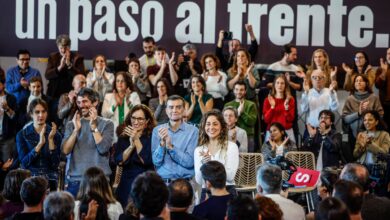
Artificial intelligence technology reaches a new level
In recent weeks, Sora 2 has been a hot topic among industry professionals. This new tool from OpenAI can generate videos from text descriptions, something previously thought impossible. Now, users in the US, Canada, Japan, and South Korea can access the service without an invitation. This move could become a turning point for the entire visual content industry.
Enhanced algorithms and expanded features
The second version of Sora boasts noticeably improved accuracy and realism. The system can not only interpret complex scenarios but also reproduce physical laws, fluid dynamics, shadows, and human movements with cinematic detail. Videos are created in 1080p resolution, and each clip can last up to a minute. A major innovation is support for synchronized voiceovers and sound effects, enabling users to create complete story scenes without human intervention.
Changes in access and possible implications
Previously, using Sora required a special invitation, but now OpenAI has opened the service to a limited number of countries. This move is explained by the desire to test the technology in real-world conditions and gauge the reaction of the professional community. It is still unclear when access will be expanded to other regions, including Spain. It is expected that in the coming months the company will determine its next steps, possibly introducing paid plans or broadening the geographical reach of users.
Impact on creative professions and market challenges
The launch of Sora 2 could fundamentally change video production processes. Advertising agencies, animation studios, and game developers now have a tool that speeds up prototyping and lowers production costs. At the same time, questions are arising about the future of creative professions, copyright, and the boundaries between original and generated content. The ability to quickly produce realistic videos opens new horizons but also demands a rethinking of ethical and legal standards.
Risks and user protection measures
Despite its clear advantages, the technology also poses certain threats. The ability to generate convincing videos can be used to create fakes, forgeries, and manipulations. OpenAI claims to have implemented special labeling and control mechanisms, but it is not yet possible to fully rule out misuse. Issues of personal data protection and copyright compliance remain unresolved and require further regulation.
Development prospects and significance for Spain
Although Sora 2 is not yet available to Spanish users, experts predict that similar solutions will appear on the European market in the near future. Spanish professionals in media and digital technologies are already closely monitoring developments and assessing the potential for integrating AI into their projects. Regulation, legislative adaptation, and workforce training are becoming increasingly urgent as artificial intelligence capabilities rapidly expand.












